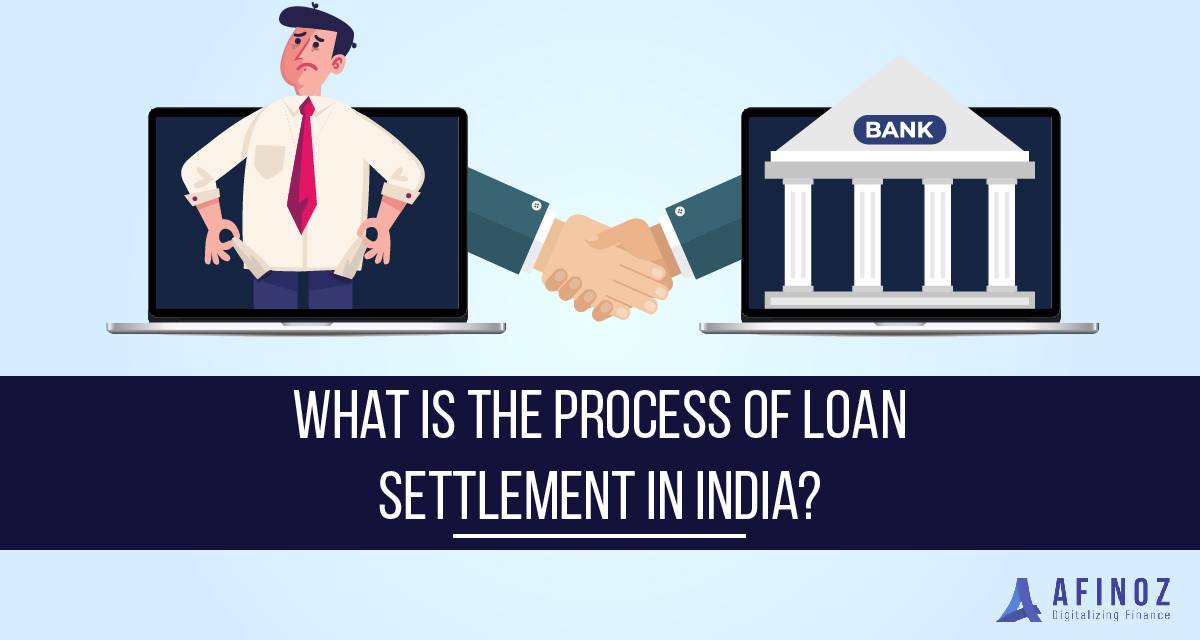Managing personal loans can be challenging, especially if financial circumstances take a downturn. In India, where personal loans are widely availed due to easy accessibility and minimal paperwork, understanding loan settlement can be a lifesaver. This comprehensive guide aims to help individuals navigate the complexities of personal loan settlement while protecting themselves from unnecessary stress and financial repercussions.
What is Personal Loan Settlement?
Personal loan settlement is a process wherein the borrower negotiates with the lender to repay a part of the outstanding loan amount as a one-time settlement, typically when they are unable to continue regular repayments. This option is often considered a last resort when a borrower faces financial hardships, such as job loss, medical emergencies, or other unavoidable circumstances.
In this process:
The lender agrees to accept a lump-sum payment that is less than the total amount due.
The loan account is closed after the settlement.
However, this may negatively impact the borrower’s credit score and future borrowing capacity.
Key Differences: Loan Settlement vs. Loan Closure
It’s crucial to distinguish between loan settlement and loan closure.
Loan Closure: This occurs when the borrower repays the entire outstanding loan amount, either as per the original schedule or through prepayment. It reflects positively on credit reports.
Loan Settlement: This involves paying less than the outstanding amount and results in a negative remark in the credit report, often noted as “settled.”
When Should You Consider Loan Settlement?
Loan settlement should only be considered when all other repayment options have been exhausted. Common scenarios include:
Loss of Employment: Inability to secure income for EMI payments.
Medical Emergencies: High medical bills divert funds from regular loan repayment.
Natural Disasters or Calamities: Unforeseen events that disrupt financial stability.
Debt Overload: When multiple debts make it impossible to prioritize repayment.
Steps to Settle a Personal Loan in India
Assess Your Financial Situation
Evaluate your current financial standing, income sources, and the total outstanding loan amount. Understand your ability to pay a lump sum as a settlement.
Communicate with Your Lender
Reach out to your lender to discuss your financial difficulties.
Be honest about your inability to continue regular payments.
Many banks are open to negotiations, especially if there’s a possibility of recovering part of the amount.
Request for a Settlement Offer
Write a formal letter explaining your situation and proposing a settlement.
The lender may request documents such as medical bills, job termination letters, or other proof of financial distress.
Negotiate the Terms
Be prepared for back-and-forth discussions to arrive at a mutually agreeable amount.
Aim to reduce penalties, additional interest, and other charges while agreeing to pay a reasonable lump sum.
Document the Agreement
Once an amount is agreed upon, ensure all terms are documented.
The agreement should clearly state that the settlement will close the loan and the lender will not pursue the remaining amount.
Make the Payment
Pay the settled amount as per the agreement, preferably through traceable means such as a cheque or bank transfer.
Obtain a No Objection Certificate (NOC)
After the payment, request a NOC from the lender. This document confirms that the lender has no further claims against you.
Monitor Your Credit Report
Check your credit report to ensure the settlement is accurately recorded. While the report may reflect a “settled” status, ensure there are no discrepancies.
Impact of Loan Settlement on Credit Score
While loan settlement may provide immediate financial relief, it significantly impacts your credit score.
Negative Remark: The credit report will mention the account as “settled” instead of “closed,” signaling incomplete repayment.
Reduced Creditworthiness: A lower credit score affects your ability to secure loans or credit cards in the future.
Recovery Takes Time: It may take several years of disciplined financial behavior to rebuild your credit score.
Alternatives to Loan Settlement
Before opting for settlement, explore the following alternatives:
Loan Restructuring: Request the lender to extend the tenure, reduce EMIs, or modify terms to make repayments manageable.
Balance Transfer: Transfer the outstanding loan to a different lender offering a lower interest rate.
Seek Moratorium: Request a temporary suspension of payments if facing short-term financial challenges.
Utilize Emergency Funds: Liquidate assets, if possible, to repay the loan fully and avoid settlement.
Tips to Avoid Loan Settlement
Plan Finances Wisely: Borrow only what you can comfortably repay.
Maintain an Emergency Fund: Build savings to manage unforeseen expenses.
Avoid Multiple Loans: Overleveraging can lead to financial strain.
Communicate Early: If facing financial difficulties, contact your lender immediately to discuss solutions.
Legal Protection Against Harassment
In India, borrowers are protected under various laws against undue harassment by lenders.
Reserve Bank of India (RBI) Guidelines:
Lenders must follow fair practices and cannot use coercive methods to recover dues.
Borrowers have the right to lodge complaints with the bank’s grievance redressal cell.
Indian Penal Code (IPC):
Sections 503, 504, and 506 protect against criminal intimidation.
Borrowers can file complaints against harassment or threats.
Debt Recovery Tribunal (DRT):
DRTs handle disputes between borrowers and lenders, ensuring fair treatment.
Is Loan Settlement the Right Choice for You?
Deciding to settle a loan requires careful consideration of your financial situation, future goals, and the implications of settlement. While it provides relief in dire circumstances, the long-term impact on your credit score and borrowing capacity should not be overlooked.
Conclusion
Personal loan settlement in India is a complex but manageable process if approached with proper understanding and planning. It is crucial to exhaust all repayment options before choosing settlement, as it should always be a last resort. Borrowers should remain aware of their rights and strive for transparency and fair treatment during negotiations with lenders. By taking informed steps, individuals can navigate financial difficulties while minimizing long-term repercussions.
Get in touch with us today at www.Settleloan.in and embark on your path to financial freedom



